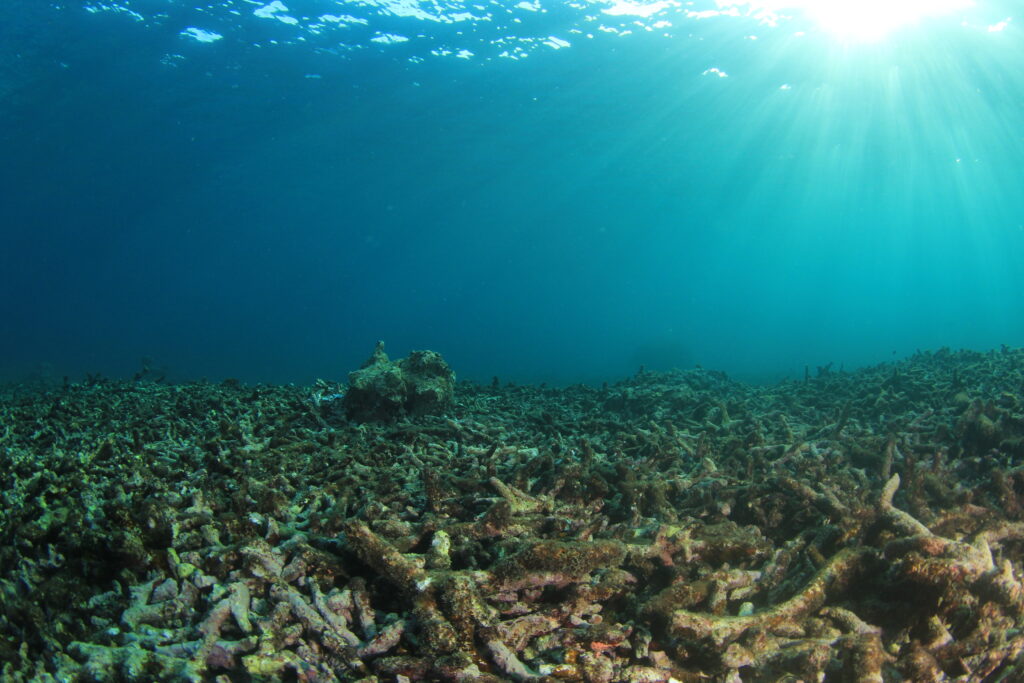The world’s oceans have crossed a critical threshold for acidity, failing a planetary health check for the first time.
A report from the Potsdam Institute for Climate Impact Research found that fossil fuel burning has driven ocean surface pH down by 0.1 units since the industrial era, a 30-40% increase in acidity. This shift threatens cold-water corals, tropical reefs, Arctic ecosystems, and countless species reliant on calcium carbonate to build shells and skeletons.
Seven of nine planetary boundaries are now breached, with oceans joining climate change, biosphere integrity, land system change, freshwater use, biogeochemical flows, and novel entities. Scientists warn this undermines food chains, human food security, and the ocean’s role in absorbing carbon and heat.
The report highlighted that marine ecosystems act as a “biotic pump,” sequestering carbon in the ocean depths. Rising acidity could weaken this function, amplifying climate risks.
Researchers urged urgent cuts in fossil fuel use, better fisheries management, and stronger pollution controls. Levke Caesar, co-lead of the Planetary Boundaries Science Lab, said: “Looking at this data, when I allow myself to connect to it emotionally, then I am afraid. This really scares me.”
Despite the grim findings, the authors noted that past successes such as the Montreal Protocol show global cooperation can reverse environmental decline. Johan Rockström, director of the institute, added: “Even if the diagnosis is dire, the window of cure is still open. Failure is not inevitable; failure is a choice.”

